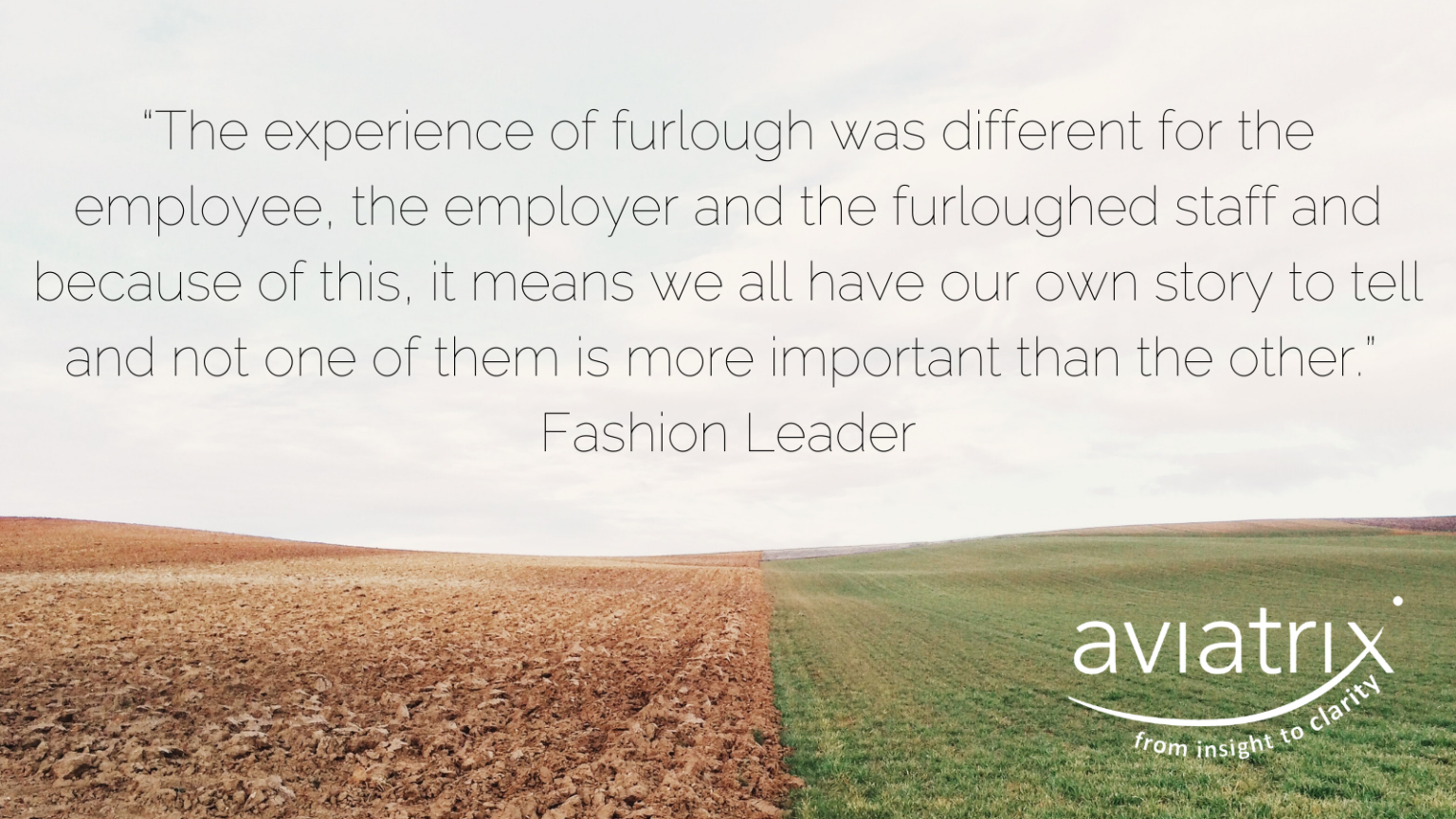Why we need to have the furlough chat to heal the divide between our workforce (with the expertise of the latest dating slang terms)
Most of us have heard of being ‘Ghosted’ (when someone cuts off all communication without explanation) but have you heard of ‘Zombieing’? This term is coined to describe when an ex-partner who previously ghosted you, pops up in your life again – with no mention of the past. Now, think of these dating terms in the context of furloughing members of your team and then suddenly bringing them back. Maybe it is time to re-think what you say in your furlough chat.
Being dumped can be a tumultuous time, being confronted with feelings of insecurity, inadequacy and a whole heap of unallocated time to fill – all at once. But for the past year, companies, managers and employees have needed to partake in a digital role-play of the dumpee and dumper.
Once the decision to furlough or keep staff working during the pandemic was made, we all started to create our own survival story with our own individual challenges.
“Those who worked seem to see it as some kind of holiday whereas those who were on it mostly would have preferred the routine or normalcy of working.” IT Leader
And thus, the miscommunication and misunderstandings of our individual experiences during lockdown began to fester and grow within the space between our on and offline worlds. As employees are invited back to the office, we are only now beginning to recognise just how separate our paralleled experiences have become. Leaders must facilitate the discussion of our individual circumstances of lockdown when we return to the workplace in order to remove any assumptions and resolve any deep-rooted resentment in the workplace.
For the furloughed, the stress of not knowing if you have a career to return to has been a struggle,
“Furlough is long and tedious and brings up the anxiety of potential job loss.” Legal Leader
For remote workers, the assumption that they could ‘slack off’ and take it easy was a perception that failed to align with remote workers’ experience.
“That said I would say that with regards to remote working, there were a lot of initial assumptions that the work would be easy, that we would slack off, etc. But I have not found that to be true in my experience. In fact, I would say I worked harder due to the increased pressure of proving my remote work is useful.” Research Leader
One leader mentioned the importance of identifying these differences in the experience of lockdown and the pandemic, and being able to understand with empathy each person’s story:
“The experience of furlough was different for the employee, the employer and the furloughed staff, and because of this, it means we all have our own story to tell and not one of them is more important than the other.” Fashion Leader
We have all changed in the past eighteen months. When inviting employees back to the work or office, make time to sit down with your employees and facilitate a getting-to-know-you session. We do not just owe it to those we work with but for the greater good of your team and the business. And hey, it doesn’t matter if you were the ‘ghoster’ or the ‘ghosted’ or indeed one of those that are exhausted by the long hours and stress of working remotely throughout the pandemic. I hope that this article inspires you to speak to team members about whatever they have encountered, especially those encountering the unexplored phenomenon of furlough.

